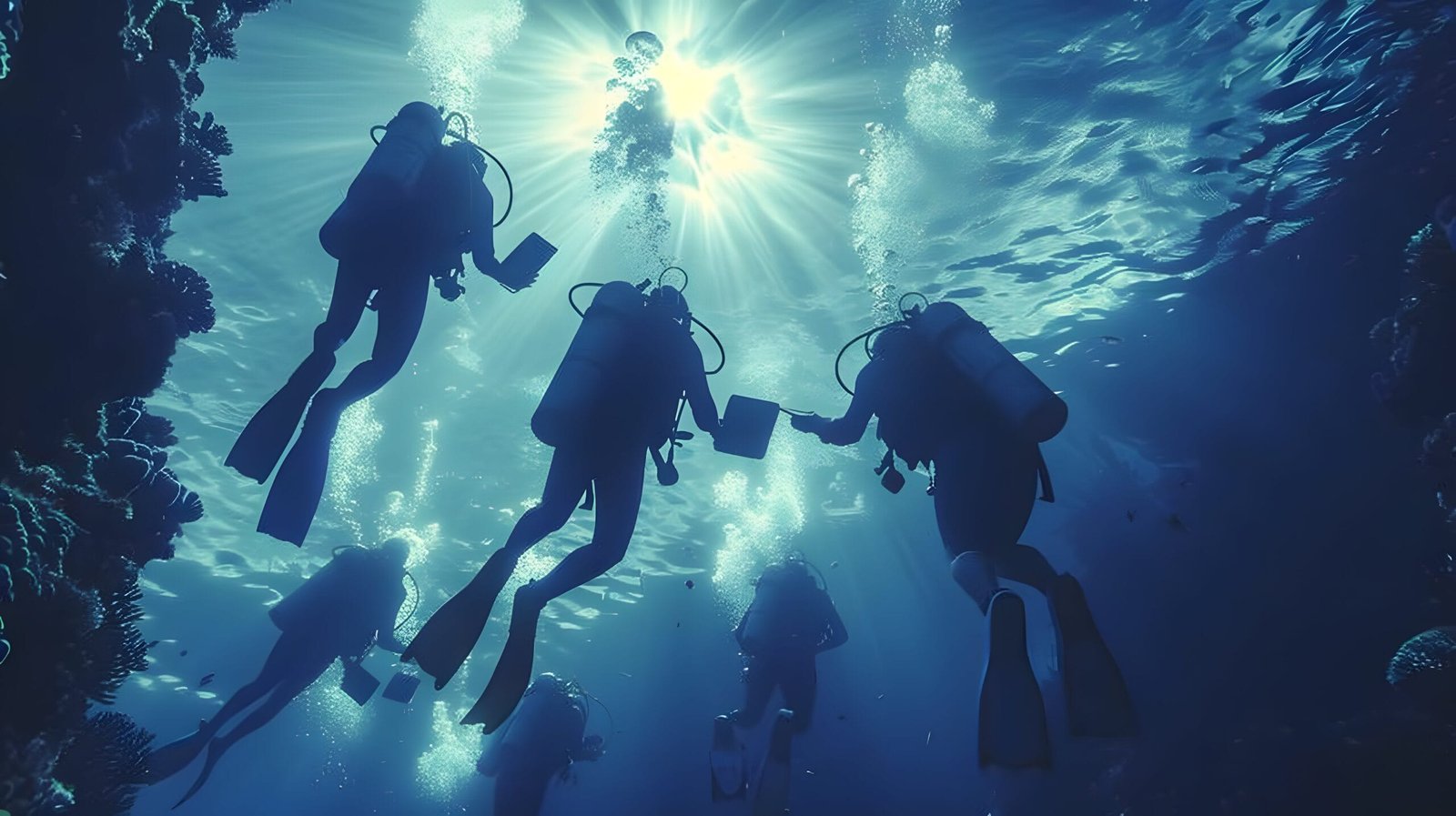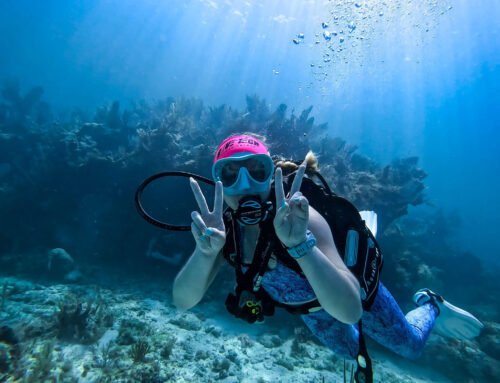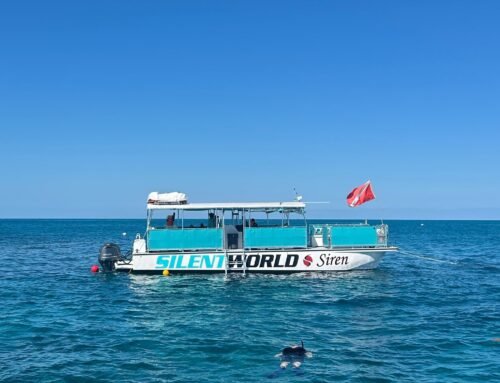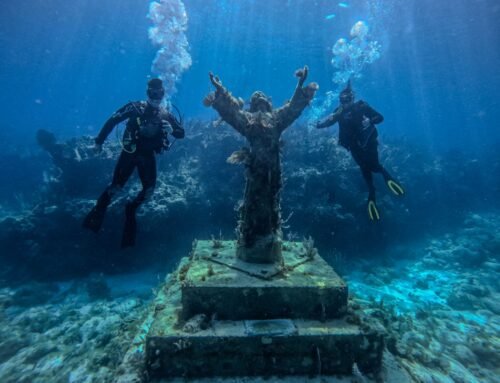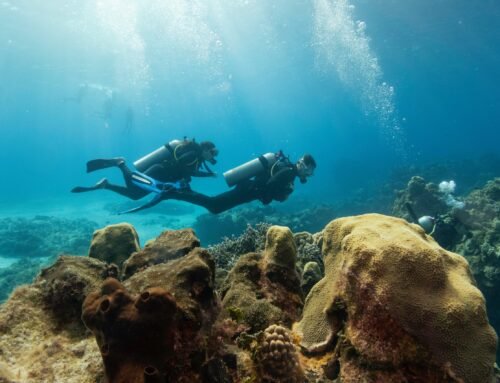The allure of the underwater world is undeniable. Vibrant coral reefs, mesmerizing marine life, and the tranquility of diving beneath the waves draw adventurers from across the globe. But what if you’re eager to explore these depths but haven’t gone through scuba diving certification? Can you still dive into this breathtaking realm without formal training?
In this post, we’ll dive into the realities of scuba diving without certification, the potential risks, and the reasons why certification is more than just a bureaucratic hurdle—it’s a key to safety and unlocking a world of aquatic exploration.
What Does Scuba Diving Certification Mean?
Before answering whether you can scuba dive without certification, it’s important to understand what a scuba diving certification involves. A basic scuba certification, commonly referred to as an Open Water Certification, is a globally recognized credential that shows you’ve undergone proper training and education in diving. It includes both classroom or online learning as well as practical, in-water training sessions under the supervision of a qualified instructor.
In these sessions, you’ll learn essential skills such as:
- Buoyancy control
- Equalization techniques
- Emergency procedures
- How to use scuba equipment properly
The most popular certifying agencies include PADI (Professional Association of Diving Instructors) and NAUI (National Association of Underwater Instructors), and the certification you receive from them is typically recognized worldwide.
Can You Scuba Dive Without Certification?
The short answer is no, you cannot scuba dive without certification—at least not safely or legally in most cases. Certified dive shops, instructors, and guides around the world require you to present your diving certification before they allow you to rent equipment or participate in guided dives. Certification is proof that you’ve been trained to handle the challenges of being underwater, particularly in managing equipment, depth, and emergency situations.
However, if you’re not certified, there are a few alternatives that allow you to experience scuba diving to some degree:
1. Discover Scuba Diving Programs
Many dive centers offer “Discover Scuba Diving” (DSD) programs for beginners who want a taste of diving but don’t yet have their certification. These programs typically include a brief on-land training session followed by a shallow-water dive with a professional instructor.
The key differences in these programs are:
- Depth Limitations: You’ll be limited to shallow waters (typically around 12 meters or 40 feet).
- Instructor Supervision: A certified instructor will accompany you throughout the entire dive.
- Short Experience: This is more of a one-time experience than actual training toward full certification.
Discover Scuba Diving programs are great for people who want to try scuba diving while on vacation or aren’t sure if they want to commit to a full certification course just yet.
2. Resort Dives
Some resorts in tropical locations offer scuba diving experiences without requiring full certification. Similar to a Discover Scuba Diving program, these “resort dives” are designed to be introductory. You’ll receive a quick training session, and then an instructor will guide you on a shallow dive.
It’s important to note that resort dives are highly controlled and limited in scope. The safety of the divers is the priority, which is why these dives are closely monitored and restricted to shallow depths.
3. Snorkeling as an Alternative
If you’re not sure about going through the certification process but still want to explore the underwater world, snorkeling offers a simple and accessible alternative. Snorkeling doesn’t require certification, and it allows you to see beautiful underwater life from the surface with minimal equipment.
However, it’s important to note that snorkeling and scuba diving offer very different experiences. While snorkeling gives you a glimpse of marine life from above, scuba diving immerses you fully in the underwater environment, offering a more intimate and expansive view.
The Risks of Scuba Diving Without Certification
While some locations offer introductory programs for non-certified divers, attempting to scuba dive without any form of training can be incredibly dangerous. Here’s why:
1. Understanding Equipment
Scuba diving involves using specialized equipment like a regulator, buoyancy control device (BCD), and air tank. Without proper training, it’s easy to misuse this equipment, which can lead to malfunctions, accidents, or even drowning.
For instance, managing your air supply is critical. Certified divers are trained to monitor their air usage and understand how much air they have left based on depth and dive time. A non-certified diver might not have the experience or understanding needed to manage this correctly.
2. The Risk of Decompression Sickness
Commonly known as “the bends,” decompression sickness occurs when nitrogen bubbles form in the body due to rapid ascent from depth. Certified divers learn how to ascend slowly and safely to avoid this condition. A non-certified diver might ascend too quickly, increasing the risk of decompression sickness—a potentially life-threatening condition.
3. Navigation Challenges
Underwater, it’s easy to lose your sense of direction. Certified divers are trained to use compasses, natural landmarks, and other methods to navigate underwater safely. Non-certified divers are much more likely to get disoriented, increasing the risk of accidents or getting lost.
4. Handling Emergencies
One of the most critical parts of scuba certification is learning how to handle emergencies underwater. Whether it’s a sudden equipment failure or helping a fellow diver in distress, certified divers are trained in rescue techniques and emergency procedures. Without this knowledge, non-certified divers are at a much greater risk if something goes wrong.
Why Certification Is Worth It
While it might seem like a hassle or unnecessary barrier, scuba diving certification is essential for ensuring your safety and the safety of those around you. Certification opens up a world of opportunities for you to dive confidently and explore the underwater world with peace of mind.
1. More Dive Opportunities
With certification, you’re no longer restricted to shallow dives or heavily supervised experiences. You can join dive trips, rent equipment from any dive shop worldwide, and even dive with a buddy in your own time. Certified divers also have access to deeper dives and more challenging environments like wrecks, caves, or night diving.
2. Learn at Your Own Pace
Most certification courses are designed to accommodate your schedule, whether you’re doing a weekend-intensive course or spreading the lessons over multiple weeks. You’ll learn at your own pace, ensuring you’re fully prepared to handle the underwater environment.
3. Enhanced Confidence and Safety
Certified divers are trained to handle a variety of underwater scenarios, from equipment malfunctions to environmental changes. This training not only increases your confidence as a diver but also improves your overall safety. Plus, with certification, you’ll be well-prepared for emergency situations, both for yourself and your dive buddy.
Dive Deeper with Confidence
While it’s technically possible to experience scuba diving without certification through introductory programs like Discover Scuba Diving or resort dives, full certification offers a world of deeper, richer, and safer underwater experiences. If you have a passion for exploring the ocean, investing in an Open Water Certification is the best way to unleash your inner explorer and dive deeper with confidence.
So, are you ready to take the plunge? Consider signing up for a scuba diving certification course and begin your adventure beneath the waves today.

